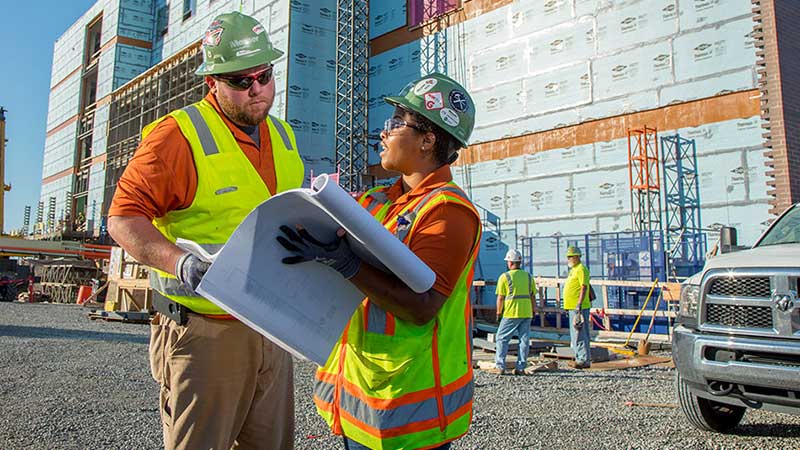To jump-start their economies in the wake of COVID-19, states will need to do more than just reopen bars and hair salons. They must help millions of people gain the skills they need to work in a dramatically changed employment market. Most of those post-pandemic jobs in the U.S. will require education and training beyond high school. But higher education, as it operates today, can’t address states’ massive economic recovery needs.
Yes, colleges and universities can act quickly when they need to. When the pandemic hit early this year, institutions rapidly closed their campuses and shifted to remote teaching. But far-reaching reforms are needed to meet students’ urgent needs – especially students of color and learners from low-income families who have historically been left behind. The pandemic heightened those needs and revealed existing inequities that block students’ paths to success. Two higher education weaknesses stand out:
The first is speed. Degrees take too long to earn – especially for a pandemic economy. The idea of a “four-year” degree is a cruel irony because it often takes six years or more to earn one. It also takes too long for colleges and universities to respond to rapid changes in the economy by offering the new degrees students and employers need. To be honest, many states contribute to this problem by being reluctant to approve new degrees and their funding. In today’s fast-changing economy, a slow, measured approach to credentials no longer works.
The second is the need to recognize learning wherever it occurs. Higher education often recognizes only the learning it provided. State leaders know this very well – many have dealt with credit transfer problems from community colleges to universities for decades. Skills gained in military service or on the job are rarely recognized. Even when credits are recognized, students often need at least a year “in residence” at a college to earn a degree. Colleges are even reluctant to accept pass/no pass credits from spring 2020, meaning that much of that learning in the face of adversity could be lost.
Who grants degrees?
States have a powerful tool to address these problems – the authority to decide who can grant degrees. Many assume that colleges and universities, or accreditation agencies, have this authority, but in fact states hold the power in almost all cases.
So, it’s time for states to use this authority in new ways to respond to our nation’s economic and racial equity crises, made worse by COVID-19. They can start by awarding degrees right now to three deserving groups:
- Students who have met the requirements for an associate degree but are no longer enrolled in a community college, perhaps because they transferred to a university but never finished there.
- Students who earned credits from a variety of institutions, and don’t have enough credits or the right credits from a single college to earn a degree – but do if the credits are all added together.
- People with skills gained through work experience, military service, or other non-academic ways that, when combined with college credits, meet the requirements for a degree.
Tens of thousands of students fall into these categories – and there could be many more if states don’t address systemic issues that higher education has no financial incentive to tackle. Similar to how states help people recover unclaimed property, states could authorize granting these earned-but-not-awarded degrees, enhancing students’ abilities to advance in their careers and keep learning at the speed of business.
Addressing inequities
At a time when universities are buying plexiglass by the mile and disinfectant by the barrel to provide a safe campus environment during and beyond the pandemic, awarding earned post-high school degrees seems a relatively modest but highly impactful change.
Awarding these degrees would not only help those students but also provide a huge boost to state workforces while forcing institutions to address longstanding inequities.
The pandemic has forever changed higher education’s role in our society and economy. We need bold, innovative state leaders to help meet that new reality. Wielding their overlooked authority to grant degrees is a powerful tool for doing just that.
